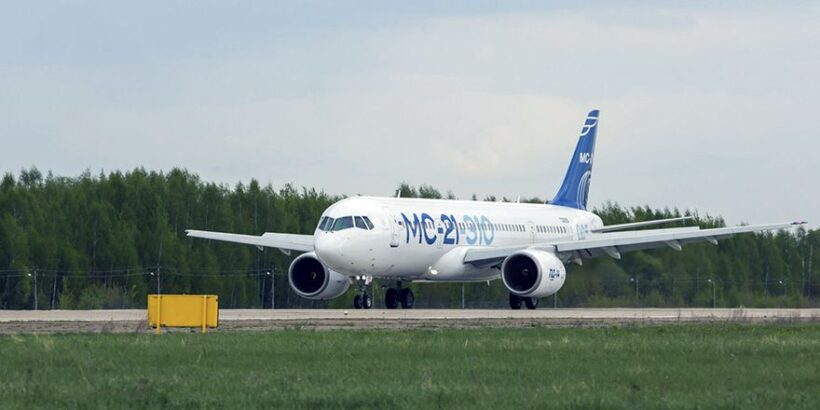On July 15, Russian Prime Minister Mikhail Mishustin announced that the government plans to invest a minimum of 765 billion rubles (around $8.5 billion) over the next six years to advance the federal ‘Aircraft and Helicopter Manufacturing’ project. This move aims to boost domestic aerospace production amid growing demand and global market challenges.
The funding will primarily support the development of domestically produced aircraft, competitive powerplants, avionics, and high-tech equipment previously not manufactured in Russia. Mishustin emphasized that bringing these new products to market requires coordinated efforts among research institutes, design bureaus, and industry enterprises, including thousands of partner companies across the supply chain.
One of the government’s key priorities is the successful completion of research and development activities for all current aviation programs. Among the most promising projects is the MC-21-310, a new-generation narrow-body airliner. The Prime Minister stated that both the MC-21 and the Baikal (a light utility aircraft program) must be ready for serial production by the end of 2026.
According to Rostec, Russia’s state corporation for high-tech industries, the Irkutsk Aviation Plant has already commenced serial production of the MC-21-310. Fourteen aircraft have been assembled to date, with an additional nine at earlier stages of production.
Beyond technology development and manufacturing, Mishustin highlighted the need to revise the comprehensive aviation industry development program through 2030 in response to evolving challenges and market realities. In particular, he called for an updated annual aircraft delivery schedule, reflecting current industry conditions and economic circumstances.
The Prime Minister stressed the importance of thoroughly assessing the status of each project, evaluating outcomes and existing challenges, to ensure timely and large-scale full-cycle production of Russian-built aircraft. He warned that delays in meeting production targets could negatively impact passenger traffic growth, which is highly undesirable.
Mishustin also underscored the significance of investment projects aimed at expanding production capacity across all aviation sector enterprises, especially given the current high cost of borrowing. These efforts are essential to secure the technological breakthroughs needed to enhance the global competitiveness of Russian aircraft.


